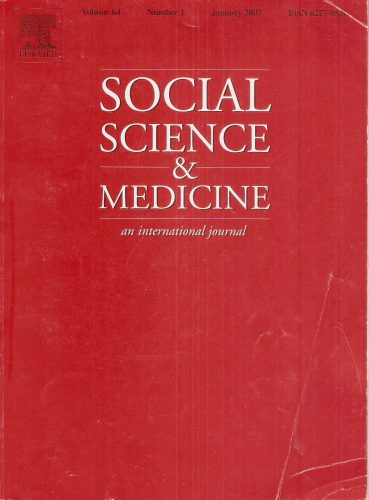 Previous research has shown that during the early months of the COVID-19 pandemic in the US, users of conservative media were more likely to accept conspiracy theories about the pandemic and less likely to accept pandemic mitigation measures such as mask-wearing and vaccination. To test the hypothesis that during the first year of the pandemic, viewers who were prone to conspiratorial thinking engaged in selective exposure to conservative media which served to enhance pandemic-related conspiracy beliefs. A national 3-wave longitudinal survey of 883 US respondents running from March to November 2020 assessed media-use habits, belief in COVID-related conspiracies, conspiratorial thinking, mask-wearing, intention to accept a COVID vaccine, and trust in the Centers for Disease Control and Prevention (CDC). Growth curve models were used to analyze changes in conspiracy beliefs and associated public health outcomes. Users of conservative media were disproportionately likely to engage in conspiratorial thinking, to vote for President Trump, and to be ideologically conservative. They were also less likely to use mainstream news sources and displayed increasing belief in pandemic conspiracies. Increases in conspiracy beliefs were associated with reduced support for pandemic prevention. Although users of conservative media supported vaccination and trusted the CDC at the outset of the study, continued exposure to conservative media reduced support for both. Increasing use of mainstream print was associated with less endorsement of pandemic conspiracy beliefs. Viewers of mainstream television news did not exhibit change in pandemic conspiracy beliefs over time. Conservative media in the US have attracted users prone to conspiratorial thinking and conservative political views who are also less exposed to mainstream news. The selective use of these media enhances belief in conspiracies that pose challenges to the country’s ability to control a public health crisis such as the COVID pandemic.
Previous research has shown that during the early months of the COVID-19 pandemic in the US, users of conservative media were more likely to accept conspiracy theories about the pandemic and less likely to accept pandemic mitigation measures such as mask-wearing and vaccination. To test the hypothesis that during the first year of the pandemic, viewers who were prone to conspiratorial thinking engaged in selective exposure to conservative media which served to enhance pandemic-related conspiracy beliefs. A national 3-wave longitudinal survey of 883 US respondents running from March to November 2020 assessed media-use habits, belief in COVID-related conspiracies, conspiratorial thinking, mask-wearing, intention to accept a COVID vaccine, and trust in the Centers for Disease Control and Prevention (CDC). Growth curve models were used to analyze changes in conspiracy beliefs and associated public health outcomes. Users of conservative media were disproportionately likely to engage in conspiratorial thinking, to vote for President Trump, and to be ideologically conservative. They were also less likely to use mainstream news sources and displayed increasing belief in pandemic conspiracies. Increases in conspiracy beliefs were associated with reduced support for pandemic prevention. Although users of conservative media supported vaccination and trusted the CDC at the outset of the study, continued exposure to conservative media reduced support for both. Increasing use of mainstream print was associated with less endorsement of pandemic conspiracy beliefs. Viewers of mainstream television news did not exhibit change in pandemic conspiracy beliefs over time. Conservative media in the US have attracted users prone to conspiratorial thinking and conservative political views who are also less exposed to mainstream news. The selective use of these media enhances belief in conspiracies that pose challenges to the country’s ability to control a public health crisis such as the COVID pandemic.

